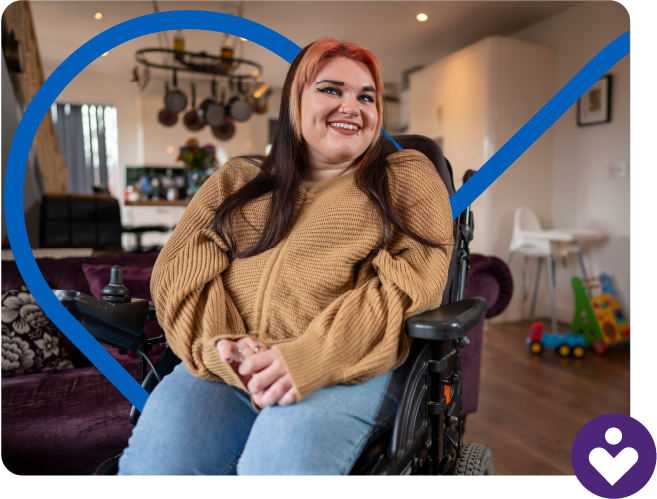About contraception
Contraception is free to everyone through the NHS. Using contraception can stop you from getting pregnant, protect against some sexually transmitted infections (STIs) and help if you have very difficult or heavy periods.
There are many types of contraception, some are long-lasting, some permanent and some reversible. When choosing what to use, consider your own needs and preferences. Your doctor or sexual health clinic can help you to decide which one is right for you.
Emergency contraception
If you’ve had unprotected sex, or think your contraception might not have worked, it’s best to get emergency contraception to avoid becoming pregnant.
There are several types of emergency contraception. Some can be take up to three to five days after unprotected sex, but it’s best to get it as soon as possible. You can get it for free from a pharmacy or sexual health clinic.
All types of emergency contraception are suitable for trans and non-binary people.
Terminating a pregnancy
Menopause and contraception
You cannot know for sure you’ve reached menopause if you’re using hormonal contraception. This is because hormonal contraception can affect your periods.
When should I stop taking contraception during menopause?
Generally, you can stop contraception either:
Some people using progestogen-only contraception have no periods, so it can be hard to know if you’ve started the menopause or not. You can continue to use contraception until 55 years old.
If you want to stop contraception before this, talk to your doctor about a blood test to see if you have reached menopause.
LGBTQ+
Trans and non-binary people assigned female at birth may choose to have a hysterectomy to prevent pregnancy. If you still have your uterus and ovaries and engage in vaginal sex, you should use contraception to avoid pregnancy.
How to live well
When using contraception keeping a diary of your mood, general health and any bleeding can help if you have any complications or want to change the type of contraception you use. For example, hormonal contraception can impact your mood, so if you experience a consistently low mood after starting, there could be a link.
Eating healthily and getting some form of physical activity five times a week can improve your general health. This can help ensure your contraception works effectively by supporting consistency and preventing certain health issues.
Types of contraception
There are many types of contraception, some are long-lasting, some permanent and some reversible. When choosing what to use, consider your own needs and preferences. Your doctor or sexual health clinic can help you to decide which one is right for you.
The contraception that works best and is most suitable for you will change throughout your life, so it’s important to review or get advice from a doctor or sexual health clinic regularly.
Using the Brooks ‘best contraception for me’ tool below might help you to have a conversation with your doctor or give you an idea of what you might need when you visit the sexual health clinic.
Barrier contraception
Barrier methods of contraception, like condoms and diaphragms, prevent sperm from reaching an egg. When used correctly, condoms also protect against sexually transmitted infections.
Hormonal contraception
Hormonal contraception is a safe and reliable way to prevent pregnancy. It includes pills, injections, implants, vaginal rings, some coils and skin patches.
Contraceptive pill
The contraceptive pill is a tablet prescribed by a doctor that is taken every day.
Long-acting reversible contraception (LARC)
LARCs are safe, hassle-free birth control options. They include:
Permanent contraception
Local services
Sexual Health Dorset
Sexual Health Dorset is a free service for all ages. It offers a wide range of confidential services including contraception and emergency contraception.
To make an appointment at Sexual Health Dorset for contraception or sexual health advice call 0300 303 1948. Opening times: Monday to Friday 08.15 – 16.45.
Young people
Clinics in Dorset
Walk-in clinics for under 18s
Bournemouth and Weymouth offer walk-in check-ups and contraception advice for under 18s on specific days. You don’t need an appointment to attend this clinic, but you may need to wait to be seen. There’s no guarantee you’ll be seen on the day.

